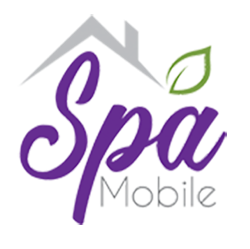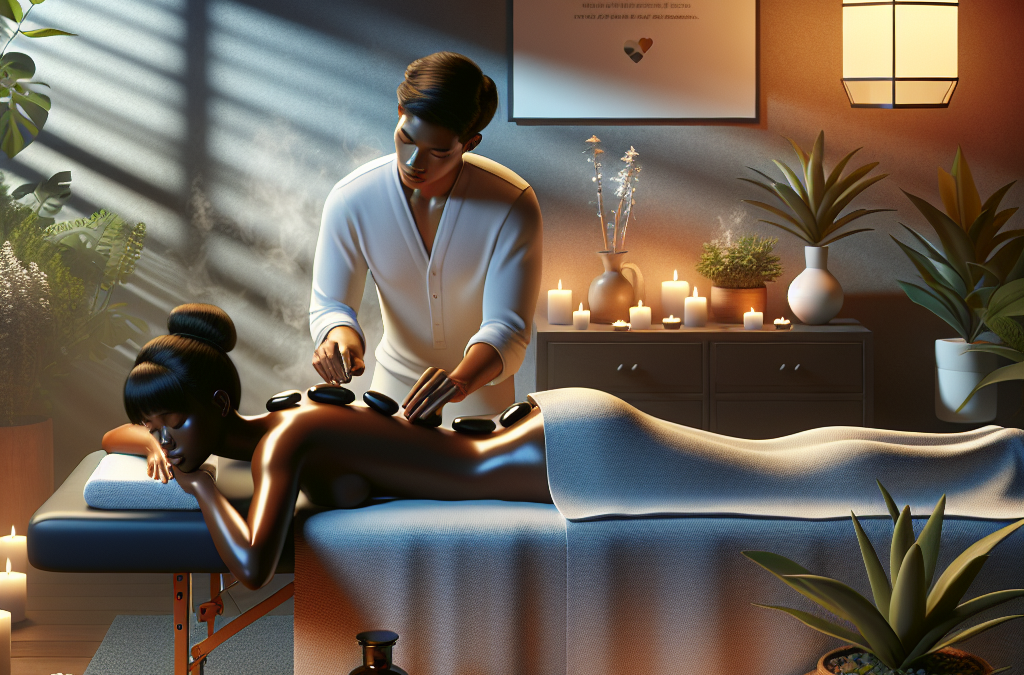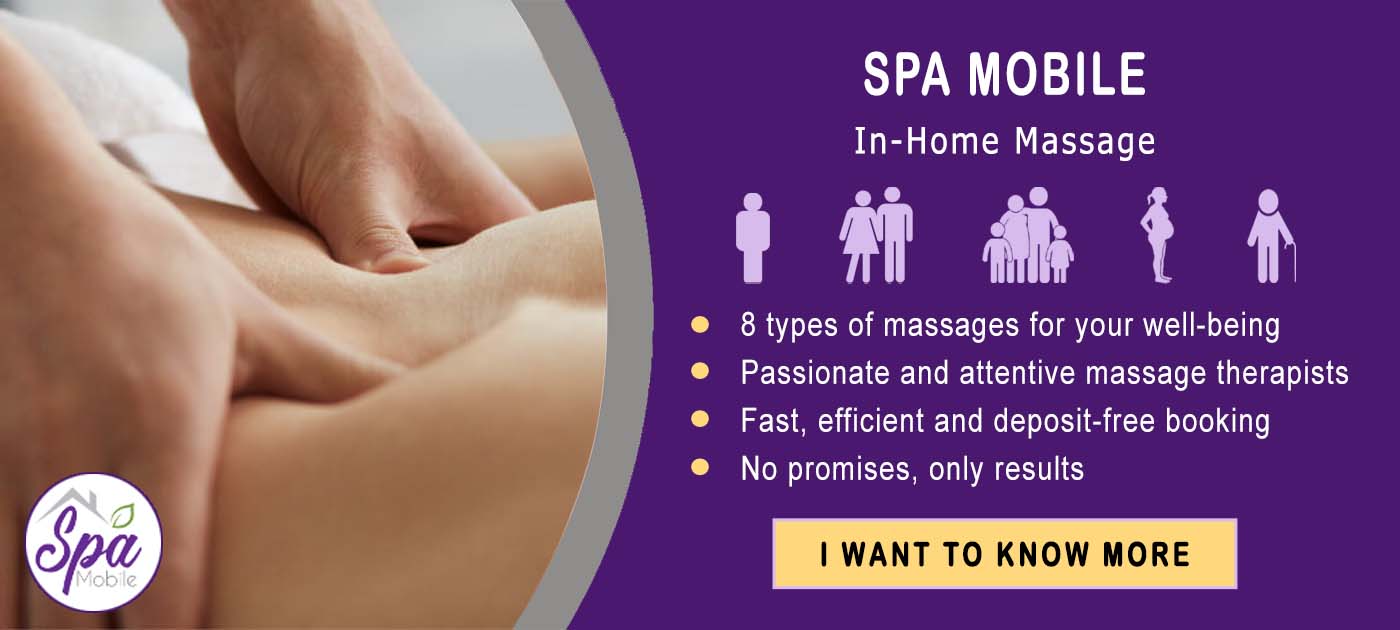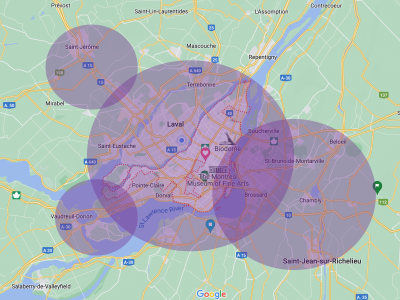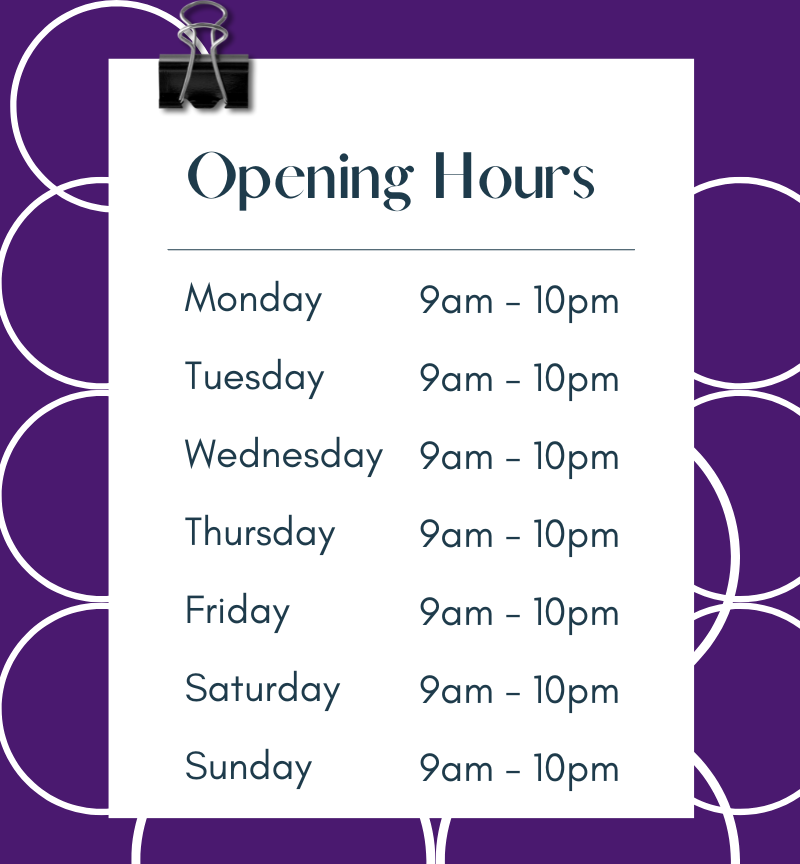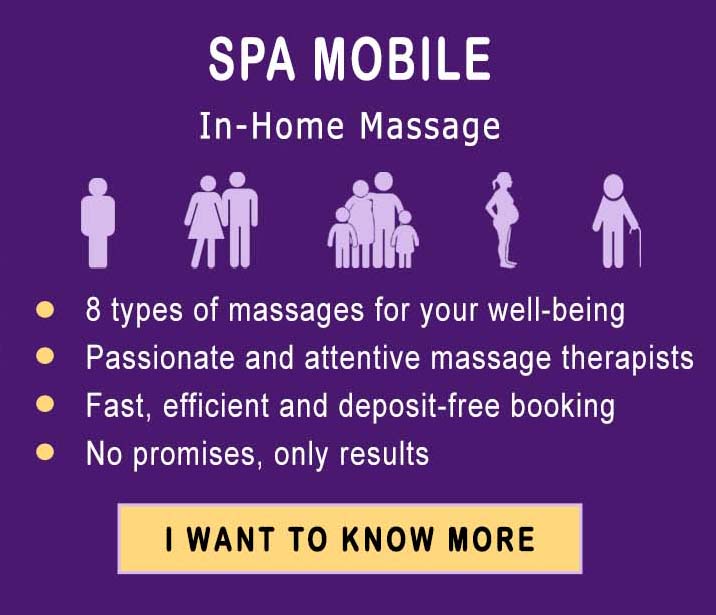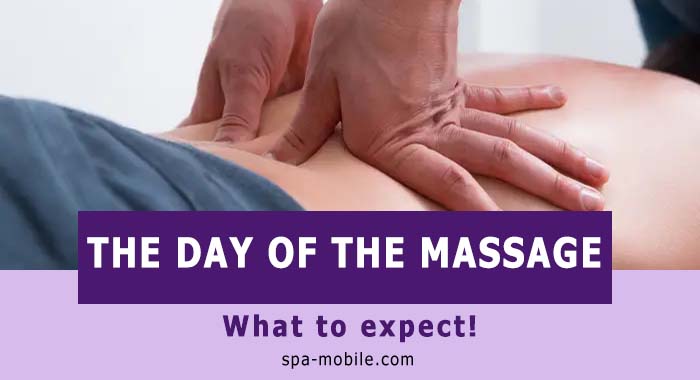[ad_1]
Living in a fast-paced society can often lead to increased stress and anxiety. Many people struggle to find ways to relax and unwind amidst their busy schedules. One effective method for combating anxiety and promoting relaxation is through massage therapy. Massage therapy has been used for centuries to promote physical and mental well-being, and its benefits for easing anxiety are well-documented.
The Benefits of Massage Therapy for Anxiety
Massage therapy is a holistic approach to relaxation that involves manipulating muscles and soft tissues to promote overall well-being. When it comes to anxiety, massage therapy has been shown to have several benefits:
-
- Reduction in stress hormones: Massage therapy has been shown to reduce levels of cortisol, the body’s primary stress hormone. By lowering cortisol levels, massage therapy can help alleviate feelings of anxiety and promote a sense of calm.
-
- Increase in serotonin and dopamine: Massage therapy has been linked to an increase in the production of serotonin and dopamine, neurotransmitters associated with happiness and well-being. By boosting these “feel-good” chemicals, massage therapy can help improve mood and reduce anxiety.
-
- Promotion of relaxation: Physically manipulating muscles and soft tissues during a massage can help promote relaxation and reduce muscle tension. This can help alleviate physical symptoms of anxiety, such as tightness in the chest or muscle pain.
-
- Improvement in sleep quality: Anxiety can often disrupt sleep patterns, leading to fatigue and irritability. Massage therapy has been shown to improve sleep quality by promoting relaxation and reducing feelings of anxiety, allowing for a more restful night’s sleep.
-
- Enhanced mind-body connection: Massage therapy encourages a mind-body connection to help individuals become more aware of physical sensations and emotions. This increased awareness can help individuals better manage stress and anxiety.
Types of Massage Therapy for Anxiety
Several types of massage therapy can be beneficial for easing anxiety. Some popular types include:
-
- Swedish massage: A gentle massage that involves long, flowing strokes to promote relaxation and reduce muscle tension.
-
- Deep tissue massage: A more intense form of massage that targets deeper layers of muscle and tissue to release tension and alleviate chronic pain.
-
- Aromatherapy massage: A form of massage that incorporates scented essential oils to promote relaxation and reduce stress.
-
- Hot stone massage: A massage technique that uses heated stones to relax muscles and promote overall well-being.
Conclusion
Massage therapy can be a powerful tool for easing anxiety and promoting relaxation. By reducing stress hormones, increasing “feel-good” chemicals, promoting relaxation, improving sleep quality, and enhancing the mind-body connection, massage therapy can help individuals manage anxiety and improve their overall well-being. If you struggle with anxiety, consider incorporating massage therapy into your self-care routine to experience the many benefits it has to offer.
FAQs
How often should I receive massage therapy for anxiety?
The frequency of massage therapy sessions will vary depending on your individual needs and preferences. Some people benefit from receiving massage therapy every week, while others may only need monthly sessions. Discussing your needs with a licensed massage therapist to determine the best frequency for you is best.
Is massage therapy safe for everyone?
While massage therapy is generally safe for most people, certain conditions may contraindicate massage or require special precautions. It’s important to inform your massage therapist of any health conditions or concerns before beginning a massage session to ensure your safety and well-being.
Can I combine massage therapy with other treatments for anxiety?
Yes, massage therapy can be a complementary treatment to other therapies for anxiety, such as counselling or medication. Many people find that combining massage therapy with other treatments enhances their overall well-being and helps them better manage their stress.
[ad_2]
